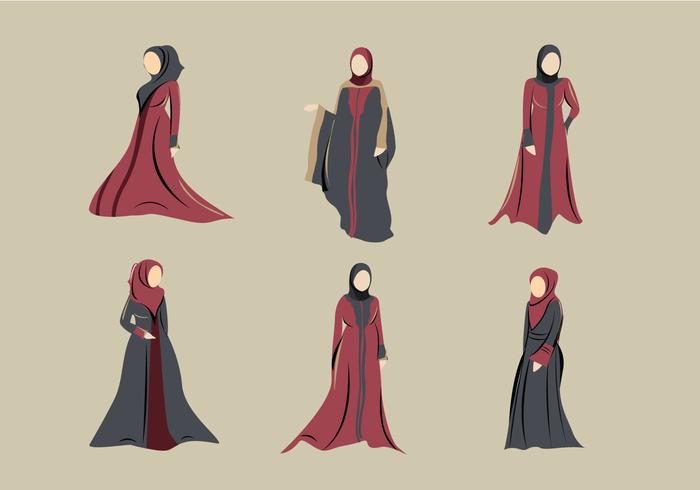Error de formato de correo electrónico
emailCannotEmpty
emailDoesExist
pwdLetterLimtTip
inconsistentPwd
pwdLetterLimtTip
inconsistentPwd

News
News

Function Of Muslim Dress
Clothing is a comprehensive manifestation of culture, history, era, and aesthetics. The wear of Islamic believers all over the world is also different depending on the region and the environment. Ethics is an important manifestation of Muslim clothing culture.

Muslim Dress
Muslim dress culture is an organic combination of religious etiquette dress culture and secular dress culture, which embodies the wisdom and national spirit of Muslims. Muslim clothing culture has distinct religious characteristics, mainly Islamic teachings.
Function Of Muslim Dress
First of all, Islam believes that the primary purpose of human clothing is to cover and protect the body. The Qur'an says: "The children of Adam! I (Allah) have indeed created for you clothes that cover the pubic area and decorated clothes. The clothes of awe are particularly beautiful. This is a sign of Allah so that they can realize their enlightenment." Here The “pudendal part” of the genitals should be understood in a broad sense, that is, the “shame body” including the genitals.
It is of ethical significance that the Muslim dress culture covers and protects the body. It is an external symbol that distinguishes humans from animals, and it is also a noble embodiment of human civilization and politeness. "Islamic teachings stipulate that men should be shameless from their belly button to knees (of course, open chests are also opposed), and women should be shameless except for the face and hands. Muslim men and women should be ashamed to expose their shame, which is the first purpose of Islamic dress ethics.
Secondly, Islam believes that the second purpose of clothing is to play a decorative role. Islam does not oppose paying attention to clean, tidy, beautiful and decent clothing on the premise that people cover their shame, so as to reflect the noble state of faith and quality sentiment. According to the hadith preached by Abu Dawud, the Prophet Muhammad said: “Whoever you are, if you are rich, in addition to work clothes, you should prepare two sets of clothes for Jubilee Day.” The Prophet Muhammad gave Muslims clothes in terms of clothing. Set an example, although his clothes are not luxurious, they are neat and clean. He pays great attention to his appearance, his beard and hair are often neatly tidy, and he looks refreshed and full of vigor.
Third, Islam believes that dress culture also has the purpose of showing the identity of the faith. The Quran says: "Children of Adam! You must wear costumes during worship." Islam emphasizes the uniqueness of the Lord and prohibits idolatry. Therefore, the costumes of male and female Muslims should be different from those of other religions. For example, Muslim men wear Sdal, quasi-white, and beard; women wear long robes and headscarves. Muslims are not allowed to wear robes and vestments that are iconic of other religions, or to be printed with signs of idolatry. According to the "Ahmad Hadith Collection", the Prophet Muhammad said: "If you imitate a kind of person, you will become their accomplice."

